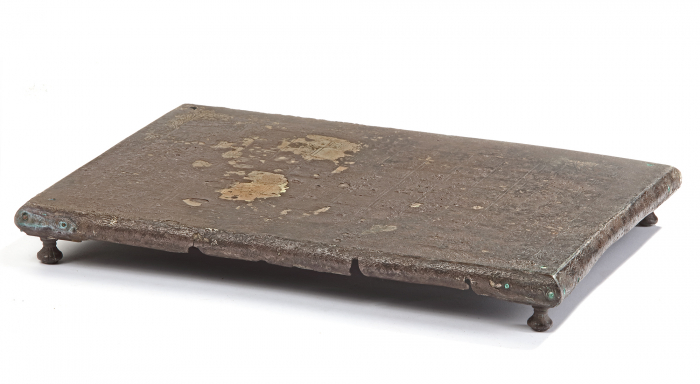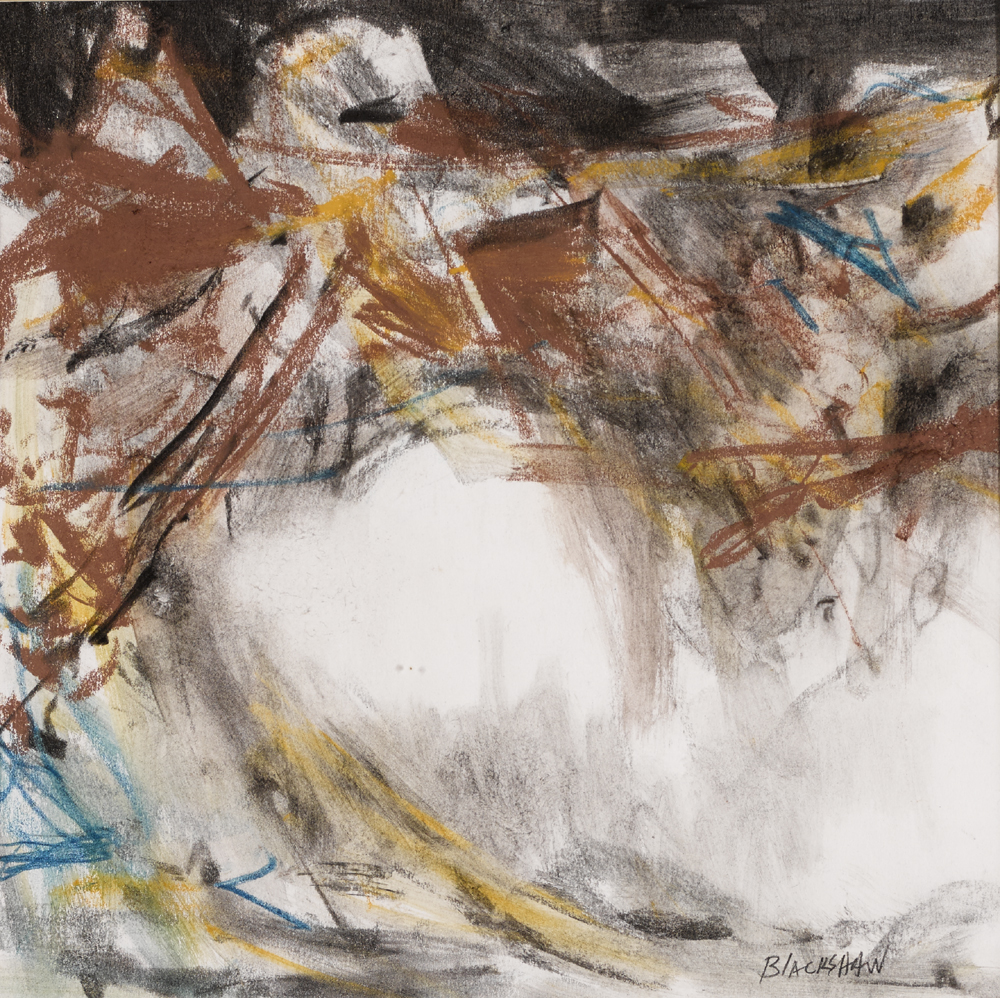Title: ‘Poem that Made the Negro a Soldier’ Author: O’Reilly, Miles (pseudonym of Charles Halpine) Place: Publisher: Date: ca. 1864 Description: Autograph Manuscript Signed, undated, ca. 1864. 1 pg. Last stanza from his poem, “Sambo’s Right to Git Kilt”. At top of page is an Autograph Notation Signed by the famed eccentric George Francis Train (with initials, G.F.T.): “This was the Poem that made the Negro a Soldier” “The men who object to Sambo / Should take his place an’ fight , /An’ its betther to have a nayger’s hue / Than a liver that’s weake an’white, / Though Sambo’s black as the ace o’spades / His finger a thrigger can pull, / An’ his eye runs sthraight on the barrel-sights / From under its thatch o’wool. / So hear me all, boy’s darlin’, Don’t think I’m tippin’ you chaff, / The right to be kilt I’ll divide wid him / An’ give him the largest half!” Charles Graham Halpine, who became famous during the Civil War for writing Irish dialect poems under the pseudonym Miles O’Reilly, was himself an Irish immigrant, an assistant editor of the New York Times before the outbreak of War, when he served as a Union staff officer in Missouri, South Carolina and Virginia, rising to the rank of Brigadier-General while scribbling burlesque poems in the assumed character of an uneducated Irish private in a New York regiment. Published in northern newspapers, his humorous verse became popular, even among the lampooned New York Irish, who were among the most racist northern opponents of recruiting Black soldiers for the Union Army. In his collected poetical works of Halpine, poet Edmund Clarence Stedman wrote "The most remarkable evidence of his ability to effect a purpose, even when that purpose was an entire revulsion of public sentiment, is furnished by his song 'Sambo's Right to be Kilt.'… written to accustom the Irish - who had so great a prejudice against a negro that they did not like him even to be killed in the company of white soldiers - to the idea of negro regiments. Its effect was as astonishing as it arguments were unanswerable. Regiments of blacks were directly and indirectly a necessity of Northern success, and their possibility was mainly due to the wondrously skillful pen of General Halpine." The influence of Halpine’s poem, which was also set to music, was more succinctly stated in the note curiously written by the most notorious rich American eccentric of the mid-19th century, railroad entrepreneur George Francis Train, who, with his talent for hyperbole, credited this poem with “making the Negro a Soldier”. Lot Amendments Condition: Very good. Item number: 276300
Title: ‘Poem that Made the Negro a Soldier’ Author: O’Reilly, Miles (pseudonym of Charles Halpine) Place: Publisher: Date: ca. 1864 Description: Autograph Manuscript Signed, undated, ca. 1864. 1 pg. Last stanza from his poem, “Sambo’s Right to Git Kilt”. At top of page is an Autograph Notation Signed by the famed eccentric George Francis Train (with initials, G.F.T.): “This was the Poem that made the Negro a Soldier” “The men who object to Sambo / Should take his place an’ fight , /An’ its betther to have a nayger’s hue / Than a liver that’s weake an’white, / Though Sambo’s black as the ace o’spades / His finger a thrigger can pull, / An’ his eye runs sthraight on the barrel-sights / From under its thatch o’wool. / So hear me all, boy’s darlin’, Don’t think I’m tippin’ you chaff, / The right to be kilt I’ll divide wid him / An’ give him the largest half!” Charles Graham Halpine, who became famous during the Civil War for writing Irish dialect poems under the pseudonym Miles O’Reilly, was himself an Irish immigrant, an assistant editor of the New York Times before the outbreak of War, when he served as a Union staff officer in Missouri, South Carolina and Virginia, rising to the rank of Brigadier-General while scribbling burlesque poems in the assumed character of an uneducated Irish private in a New York regiment. Published in northern newspapers, his humorous verse became popular, even among the lampooned New York Irish, who were among the most racist northern opponents of recruiting Black soldiers for the Union Army. In his collected poetical works of Halpine, poet Edmund Clarence Stedman wrote "The most remarkable evidence of his ability to effect a purpose, even when that purpose was an entire revulsion of public sentiment, is furnished by his song 'Sambo's Right to be Kilt.'… written to accustom the Irish - who had so great a prejudice against a negro that they did not like him even to be killed in the company of white soldiers - to the idea of negro regiments. Its effect was as astonishing as it arguments were unanswerable. Regiments of blacks were directly and indirectly a necessity of Northern success, and their possibility was mainly due to the wondrously skillful pen of General Halpine." The influence of Halpine’s poem, which was also set to music, was more succinctly stated in the note curiously written by the most notorious rich American eccentric of the mid-19th century, railroad entrepreneur George Francis Train, who, with his talent for hyperbole, credited this poem with “making the Negro a Soldier”. Lot Amendments Condition: Very good. Item number: 276300









.jpg)




.jpg)
Testen Sie LotSearch und seine Premium-Features 7 Tage - ohne Kosten!
Lassen Sie sich automatisch über neue Objekte in kommenden Auktionen benachrichtigen.
Suchauftrag anlegen